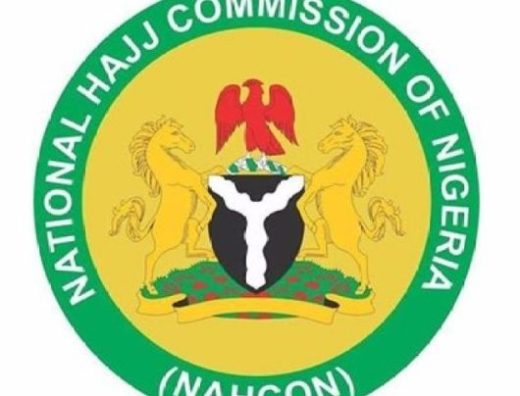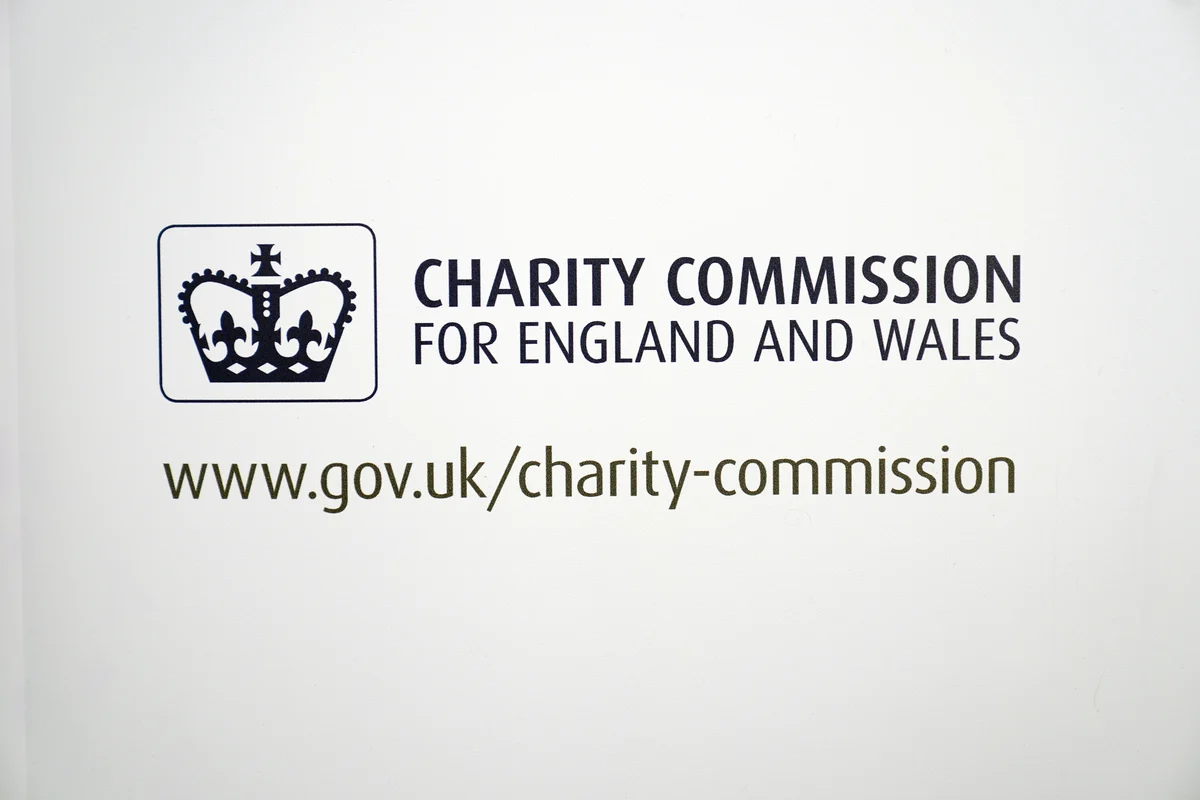By Ganiyu Mubarak
Copyright theeagleonline

Since the completion of the 2025 Hajj operation, the National Hajj Commission of Nigeria (NAHCON) has endured relentless headlines, weathered allegations of mismanagement, and faced coordinated blackmail. Each story, article, or investigation has carried the weight of scandal. Yet, beneath this cacophony of lies and exaggerations, lies a more nuanced truth: NAHCON is navigating the treacherous intersection of sabotage, pull-him-down syndrome, and public scrutiny all without being given a fair hearing.
Sadly, these actors show little concern for Nigerian hujjaj ordinary pilgrims who save their entire lives for a chance to touch the Kaaba and stand at the Arafah grounds. They are not interested in ensuring value for pilgrims’ money or safeguarding their spiritual journey. Instead, they spin narratives designed to undermine trust and weaken the very institution tasked with protecting pilgrims’ welfare.
The controversies around NAHCON transcend questions of Hajj flights or accommodation contracts in Makkah. At their core lie deeper struggles, battles, desperation and attempts by vested interests to seize control of the Commission directly or through proxies. Many of these false stories are not about helping NAHCON fulfil its statutory role of safeguarding the Hajj or the hujjaj, rather, they are tools in the hands of those seeking personal gains and influence.
What remains largely unreported is that NAHCON’s harshest critics often emerge from within: disgruntled personalities whose request where not honored, vested interests, or businesses put out of relevance by reforms aimed at prioritizing pilgrims.
The reforms that triggered outrage were precisely those long demanded to close decades-old institutional gaps. Yet, these achievements have been drowned out by torrents of falsehood.
Why former legislators are rooting for Southern retention of the Presidency – Reyenieju
Youth, Nigeria’s most valuable asset to attain global economic influence – Sanwo-Olu
Zenith Bank/NBBF Women Basketball League: First Bank survive Bayelsa early scare
HID Awolowo 10 years after: The matriarch who defined a generation, by Folu Olamiti
Breaking: President Tinubu returns to Nigeria + Photos
For instance, a prominent daily, a falsely claimed one of NAHCON’s Director was arrested and detained, then during Hajj 2024, a doctored photograph of a meager breakfast supposedly served to Abuja pilgrims went viral accusing NAHCON of shortchanging pilgrims who had paid ₦8 million in fares. The image was fake, debunked with eyewitness testimony and photographic proof of the actual meals. In fact the person who shared the image was not in Hajj during the said period.
In Kaduna, an impostor misled a local Imam into announcing fraudulent Hajj volunteer recruitment. When exposed, the cleric retracted. Whether from media houses, individuals, or community leaders, these coordinated assaults share the same objective: discrediting NAHCON.
The attacks bear a familiar pattern: sensational headlines, leaked or exclusive “petitions,” and viral content snowball into storms long before facts emerge. In the aftermath of the 2023 Hajj exemplifies this. Official documents on ₦24 billion airline payments affected by naira devaluation were leaked from the Ministry of Finance, NAHCON’s internal files, and even the Vice President’s office. The aim was clear: to tarnish NAHCON’s image and, by extension, Islam. Meanwhile, sister Christian agency also benefit from government support without facing similar witch-hunts.
Why does NAHCON face constant trial in the court of public opinion? Other agencies are investigated quietly, yet with NAHCON, every petition becomes front-page fodder, every inquiry a grenade. These attacks are not coincidental.
More troubling is how NAHCON becomes the scapegoat for failures beyond its control:
When service providers fail to deliver, NAHCON is blamed.
When yellow fever vaccination cards are unavailable due to health Ministry bottlenecks, NAHCON is scolded.
When Saudi Arabia imposes sudden policies, NAHCON is knocked.
When banks delay Basic Travel Allowance payments, NAHCON is attacked.
The public also overlooks how late payments by pilgrims and delayed remittances by states cripple timely service delivery. Yet, when Saudi visa portals closed, all fingers pointed to NAHCON.
This creates a paradox. If NAHCON books services early, critics scream “financial mismanagement.” If the Commission waits for delayed payments and disruption follows, the same voices condemn it as “inefficient.” Whichever path it takes, NAHCON is vilified, while the real culprits escape accountability.
Lost behind the noise are NAHCON’s vital institutional achievements. Contrary to claims, NAHCON does not drain the national treasury. Beyond federal salary allocations, it receives no regular government funding. It self-finances through service charges and prudent management a remarkable feat given the scale of its mandate.
Each Hajj season, the Commission must meet Saudi Arabia’s immovable deadlines from visa issuance to flight slots while balancing political pressure and limited resources. Yet it has consistently delivered.
Every sensational allegation, from fictitious antigraft agencies “grillings” to imaginary “subsidy frauds,” has collapsed under scrutiny. Time and again, NAHCON has provided the facts before the accusers could rewrite their stories. But the damage of unchecked rumor amplification lingers.
This unending cycle is grossly unfair not only to the Commission but also to its staff and the pilgrims who depend on it. Recklessly weakening NAHCON with fabricated allegations undermines the very institution tasked with facilitating the fifth pillar of Islam for Nigerians.
The story behind all stories is: NAHCON is not the chaotic, or a malfeasant entity that detractors portray. It is a resilient institution, one that has implemented reforms under daunting circumstances and continues to serve Nigerian pilgrims with dedication.
False narratives come and go. What endures is NAHCON’s work, a system that despite attacks, has consistently delivered the Hajj experience to thousands of Nigerians.
As an institution, NAHCON remains fact-focused, reform-driven, and courageous to set the record straight.
The Nigerian public must see through the smokescreens, appreciate the strides achieved, and stand in defense of an institution built to serve pilgrims. NAHCON’s story is still being written not by falsehoods, but by facts.
Nigerians should note and notice the efforts of the commission towards providing better services to the Nigerian pilgrims to make sure they get value for money and not to be seeking for crisis and negative narratives where there is none. This 2025 Hajj was a huge success that was noticed and appreciated by the Saudi government and all the stakeholders. Focus on the positives of the Commission rather than the negative and the urge to pull it down.
Ahmad Muazu is with the Public Affairs Unit of the NAHCON.



